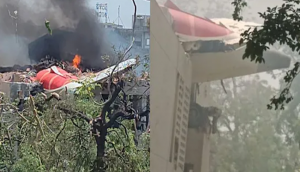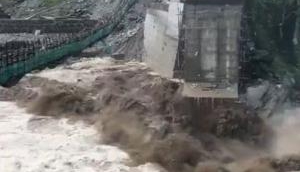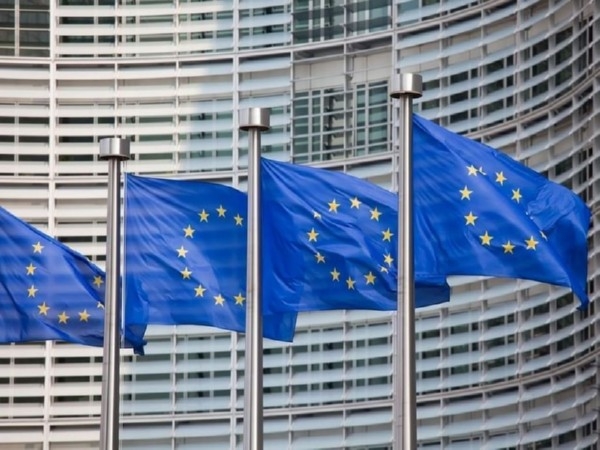
Terror group Islamic State manufactures its improvised explosive devices (IEDs) using components from 51 companies from 20 countries, including seven from India, reports The Indian Express.
A study conducted by Conflict Armament Research (CAR) and mandated by the European Union (EU), showed that while 13 Turkish companies provided components used by the IS, seven companies from India were also involved in the supply chain. The Indian firms mostly manufactured detonators, detonating cords and safety fuses. All these components were exported legally to Turkey or Lebanon under government-issued licences.
Two of the Indian companies said that smaller suppliers of fuses and detonating cords usually export these items via trading intermediaries, and do not know who the end users may be.
Four of the Indian firms listed denied having exported explosives or accessories to Lebanon and Turkey.
"We have never exported our product directly to Lebanon or Turkey," said Jay Khemka, general manager of Chamundi Explosives, which is reported to have supplied safety fuses. "Most of the time, our products are produced by us and exported by merchant exporting companies like Solar Industries, Economic Explosives, Premier Explosives and Ideal Industrial Explosives - all explosives manufacturers."
All the companies Khemka named are on the CAR list.
A spokesperson for Secunderabad-based Ideal Industrial Explosives said, "Neither our company nor our sister company, that is, Ideal Detonators Pvt Limited have exported any products to Lebanon and Turkey. The allegation said to have been published in the (CAR) report is false and baseless."
The CAR report says that IS mostly uses Nokia 105 mobile phone for remote detonation. It said that governments and companies need to vigilantly track the flow of cables, chemicals and other equipment.
"These findings support growing international awareness that ISIS in Iraq and Syria are very much self-sustaining - acquiring weapons and strategic goods, such as IED components, locally and with ease," said CAR's executive director James Bevan.
CAR conducted this study over 20 months and gained access to the components through the US-backed Kurdish YPG in Syria, the Iraqi Federal Police, the Kurdistan Region Security Council and the forces of the Kurdistan Regional Government. These components were seized during battles in the Iraqi towns of al Rabia, Kirkuk, Mosul, and Tikrit and the Syrian town of Kobani.







![BJP's Kapil Mishra recreates Shankar Mahadevan’s ‘Breathless’ song to highlight Delhi pollution [WATCH] BJP's Kapil Mishra recreates Shankar Mahadevan’s ‘Breathless’ song to highlight Delhi pollution [WATCH]](https://images.catchnews.com/upload/2022/11/03/kapil-mishra_240884_300x172.png)

![Anupam Kher shares pictures of his toned body on 67th birthday [MUST SEE] Anupam Kher shares pictures of his toned body on 67th birthday [MUST SEE]](https://images.catchnews.com/upload/2022/03/07/Anupam_kher_231145_300x172.jpg)






